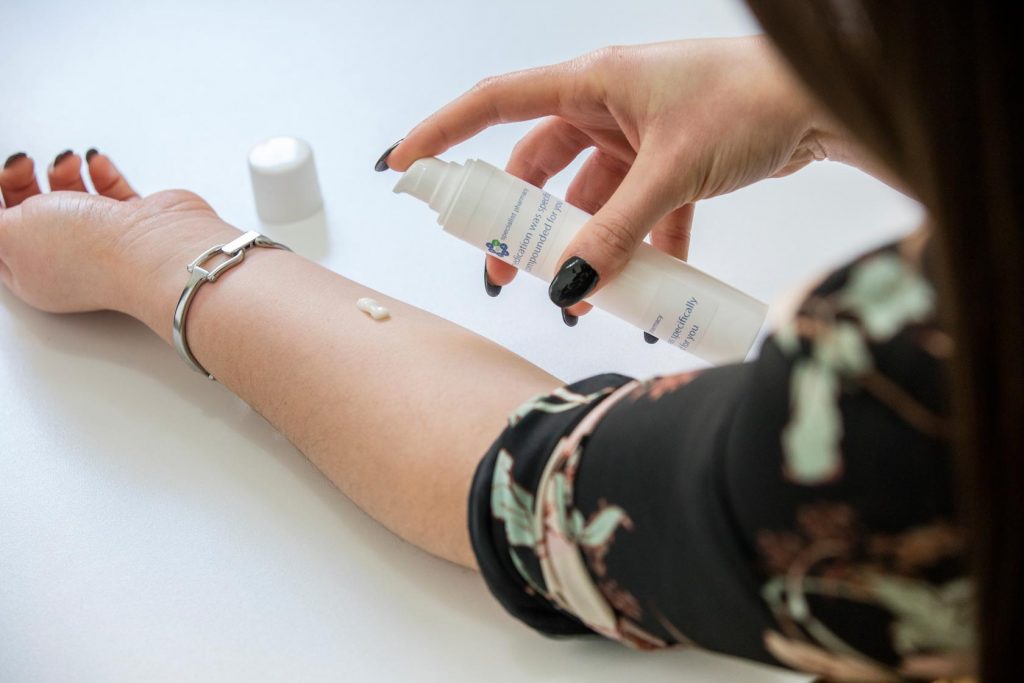DHEA is the most abundant steroid hormone in your body and is produced by the adrenals glands, with the ovaries and testes producing smaller amounts. It is a major precursor to stronger androgens such as testosterone and androstenedione and the female hormone estrogen. This means that within your body it undergoes a series of chemical reactions to ultimately convert it to testosterone or estrogen as required. It is also an essential hormone for both men and women and is known to increase energy levels, enhance wellbeing and boost your immune system, as well as:
- Helping with weight loss
- Helping to deal with stress
- Reducing joint pain
- Improving memory
- Improving immune function
- Increasing energy levels
- Alleviating symptoms of menopause
- Increasing strength
- Enhancing libido
- Protecting against diabetes
Changes Over Time
DHEA levels rapidly rise from puberty, continuing to rise until early adulthood (25 to 30 years of age). After the age of 30, production begins to decline at a rate of around 2% per year, and this decline often correlated with the signs and symptoms of ageing.
DHEA plays an important role in resistance to disease, with low levels being linked to increased susceptibility to ageing and disease. DHEA deficiency is very often linked with fatigue, lack of motivation, aching joints, loss of muscle tone (atrophy), weight gain and depression.
DHEA AND BHRT
Bioidentical DHEA can be prescribed to manage menopause symptoms, as well as helping with weight loss, depression and generally improving quality of life.




